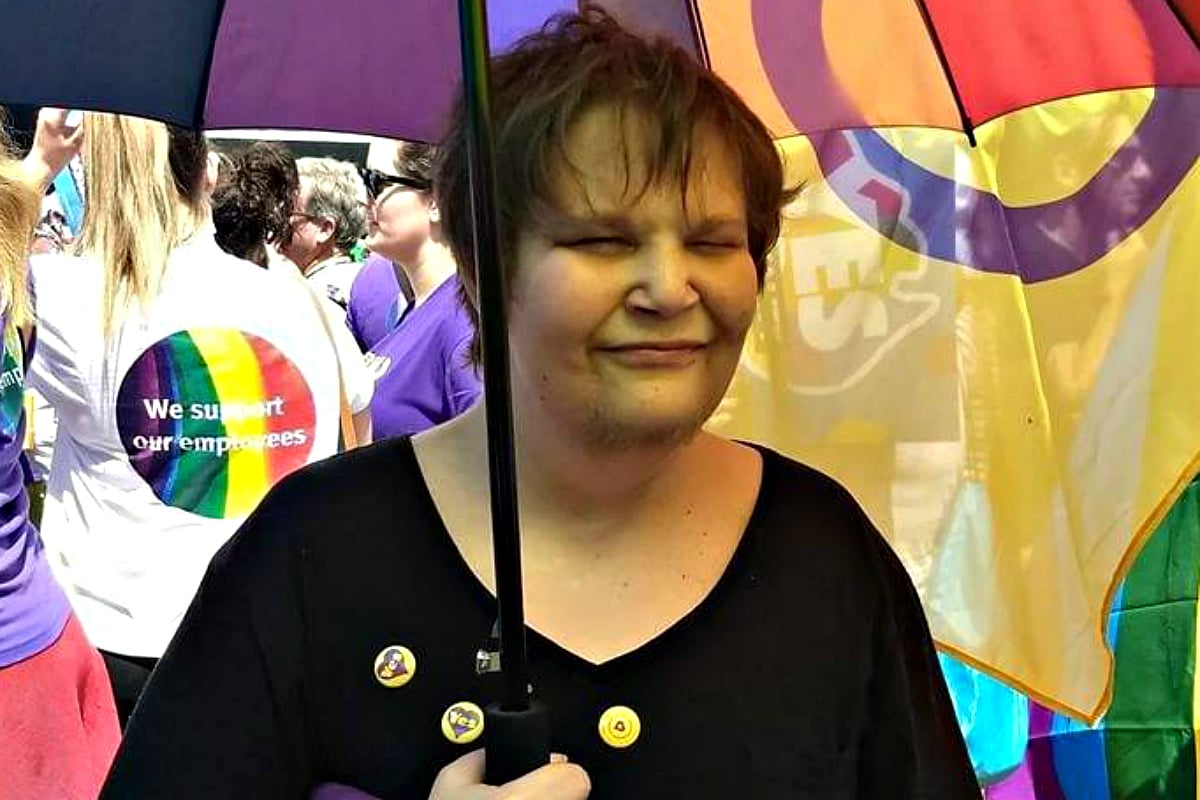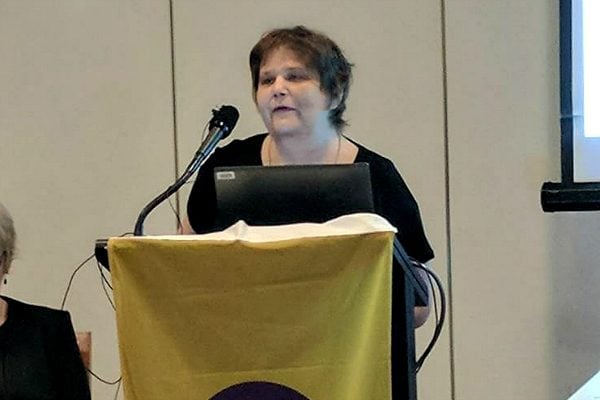
In 1984, the same year that ‘Love Is A Battlefield’ was popular on the radio, I was born in the western suburbs of Sydney. It was an uneventful pregnancy according to my late mother. But my birth, at 1:27pm on the 16th of February, was followed by immediate panic and confusion. Not only were there serious medical issues, my genitalia failed to look distinctly male or distinctly female.
Even though the word wasn’t really used at the time, I was intersex. Like 1.7 per cent of the population, I had been born with ambiguous sex characteristics.
The doctors, according to my parents, contacted teams overseas and were advised to allocate me a binary sex. They chose female; a decision that would see me endure a life of surgery and hormonal interventions. It wasn’t until I was nearly an adult, that I learned that I was actually genetically 46XY – male. But in the medical world, it’s considered ‘easier to dig a hole than build a pole’.
Alex and other intersex people answer: what is intersex? (Post continues below.)
Throughout my childhood, I thought that I was simply female, albeit, very tomboyish. I loved playing sport, hanging out with the boys, playing video games, the usual stuff associated with a stereotypical boy. But to the outside world, to myself, I was a girl. The only people who knew the ‘secret’ were my parents and my doctors.


Top Comments
It makes me so sad that your parents wouldn’t even discuss this with you- so often the people affected by malpractice end up with the burden of educating everyone around them as well and it’s insanely unfair. What a powerful story though, and a courageous person.
I never even thought about the people who identify as non binary having a back story like this...Need to be more open minded. Wishing them the best